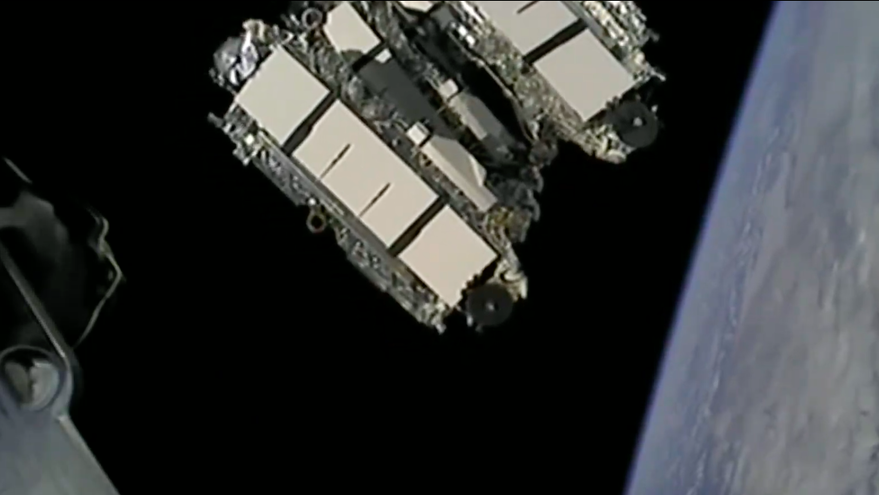The Space Force is interested in LEO broadband for its fast speeds and low latency.
WASHINGTON — The U.S. Space Force last week asked satellite internet companies for updates on the performance and capabilities of their networks. This information is intended to help the government decide how to go about buying broadband services from operators of low-orbit satellites.
A request for information was posted March 24 by the U.S. Space Force Commercial Satellite Communications Office, an organization that acquires satellite-based communications services on behalf of the Defense Department, other federal and state agencies, and governments of allied nations.
The office originally issued a request for information a year ago for P-LEO COMSATCOM, short for proliferated low Earth orbit commercial satellite communications. A lot has happened in the industry over the past year, so procurement officials are updating their market research before they issue a draft request for proposals this summer.
The U.S. military buys communications services from low Earth orbit satellite operator Iridium and has been conducting experiments with emerging providers like SpaceX. P-LEO COMSATCOM would be the first attempt to buy broadband services on a broader scale from a new generation of providers. The Space Force is interested in bids from companies like SpaceX and OneWeb that already have operational networks, and also from companies that plan to start deploying constellations in the near future such as Telesat LEO and Amazon’s Kuiper.
The Space Force for decades has acquired communications services from traditional geostationary satellite operators. The request for information says it’s interested in LEO broadband for its faster speeds and lower latency.
“In preparation for a projected draft RFP to be issued second quarter of this year, CSCO requests additional information about the capabilities of existing and planned P-LEO COMSATCOM systems,” states the request.
To be eligible to compete for a Space Force contract, companies have to be able to provide terminal-to-gateway latencies no greater than 50 milliseconds, or propagation delays between a user terminal and a satellite no greater than 15 milliseconds. Services with higher latencies will not be considered, the request says.
Companies are asked to answer a list of 26 questions that get into the nitty gritty details of their networks and capabilities to support government customers.
The Space Force noted that it is only interested in current and planned service offerings, not hypothetical possibilities or services that require substantial investment on the part of the government.
